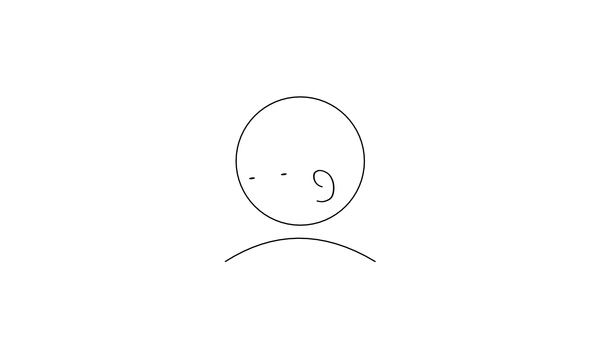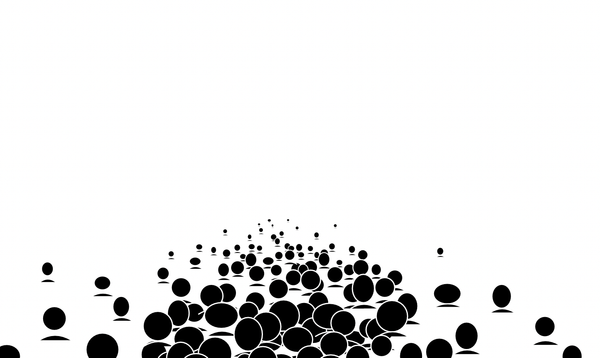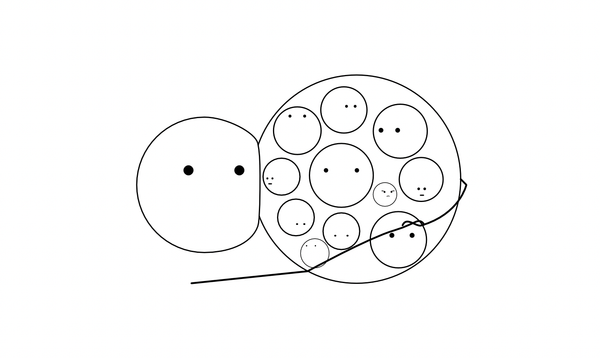Shift your "grading" assumption

We all like to be well regarded. It's part of being social, which humanity is in a big way. School tells us to get good grades; good grades are mostly (not entirely!) based on good memory. So if you pay attention, you see the path. To get those yummy grades, to get the regard of authority, to be put on the path of success and financial reward: memorize.
And, yeah, when you're at a moment of stress, memory is going to kick in. Memory, whether first-person experience or third-person narratives, is going to impact how well you manage running into a tiger in the wild.
Bonus: memory, in an educational setting, is based on agreed data points. It's quantitative. It's easy to build an agnostic scale for how well you can memorize, and even modify it into a bell curve to show heightened memory within a cohort.
Anger the teacher, and it doesn't matter for that quantitative aspect. As someone who fell asleep in a particular history class every single day for the entire semester, that quantitative aspect was the only reason I still got an A grade. If the tests were geared towards the belief in interpretation rather than mirroring facts and the teacher's stated opinion, I wouldn't have landed that grade. This is where our grading system shines.
But, it has also skewed our social constructs.
- Memory is binary: right or wrong.
- Memory most readily shows up as speed. Speed is the energy running our regard for computers, business, travel...so much.
- Memory isn't thinking, even though it's using the same cognitive architecture. Thinking is slow. Thinking can get faster, if you learn how to work your brain in the ways it loves. Memory can support more creative thinking within specific domains, further fuzzing the line between memory and thinking.
- Memory is vaguely authoritarian. It says that there isn't anything much that's new, just regurgitation. It says that there is an agreed, governed, best data point, so to meet the dictates of other-enforced judgement you need to abide by that data point. They are testing you even as they do not have domain expertise. I think it's one of the reasons so many people hate the speed of change: if we're focused on regurgitating memorized data for status, it's impossible to maintain status.
Creatives are ahead of the curve
Creatives get on a gut level the difference between memory and thinking. They freaking love thinking while continuously adding to their memory through practice. They are probably constantly re-engineering their own cognitive patterns to accommodate learnings, heightening their own speed of change.
They also get that what's replicable in their brain – that part where each person has to learn how to work their brain in a way it loves – isn't necessarily replicable between people. It's antithetical to a memory-focused, binary right/wrong status system. Someone can't watch from on high, with a simple bullet list, and proclaim this one meets my standards.
Worse: it's hard to tell when and where creatives will do something worth using. Do you harness them in hope? Let them wallow in squalor and dehumanized jobs until they are punished enough to produce? Demand output? How do you build thinking into a cadenced, growth-focused profit stream?!
That scenario also presupposes that vague authoritarianism underlying memory as status. It intimates that thinking has to be controlled and judged by someone with authority – that thinking on it's own is so fuzzy and non-binary as to be inherently suspicious and in need of oversight.
There's also a balance to be found. One of the reasons we have suspicion and oversight is because we have a certain subset of people who manipulate. Something that takes time to follow is rich grounds for manipulation.
It's a balance to find. This is something that we have to work on in cultural experiments. The first step to setting up those experiments in a way that doesn't assume a live/die binary is to start shifting our grading/worth assumption, and start shifting our hierarchical-oversight social structures. As our information gains complexity, so does human interaction.




